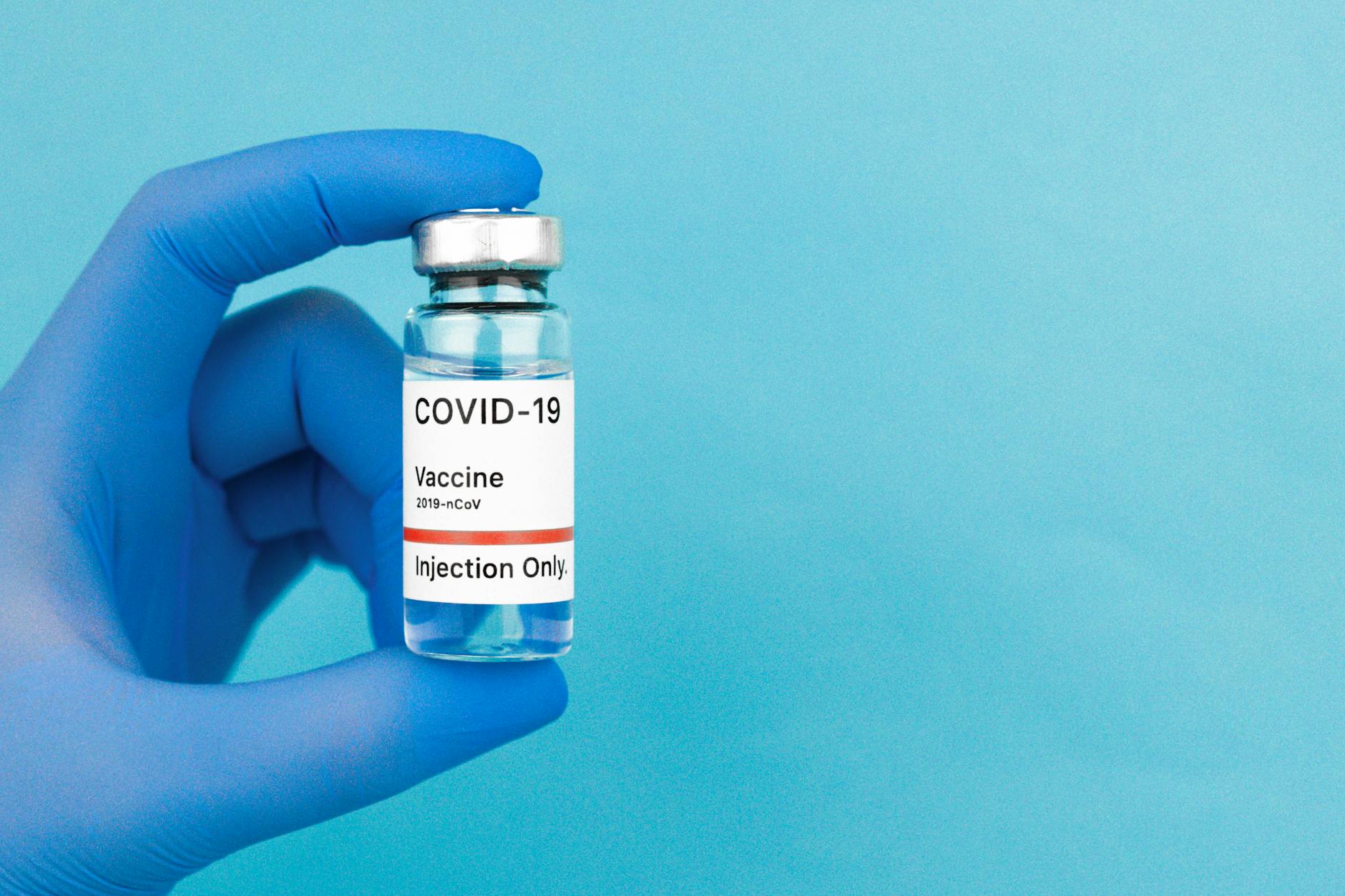After so many months of ups, downs, and uncertainties, the pandemic has left people feeling Covid fatigue, a mindset that causes them to drop their guard about precautions. Decreased vigilance, in turn, could lead to another outbreak. The vital protocols they should follow to prevent an infection can sometimes seem silly and unnecessary; however, this is the precise moment that a new wave of infections could take hold.
Despite experts saying that the worst of Covid is behind us due to vaccine availability, we are not out of the woods yet. Once it is declared “over”, the effects of the pandemic will remain for some time to come. Here, we discuss why you should follow post-pandemic safety tips and precautions.
1. Mutations and new variants
Table of Contents
Covid-19 has proven a challenging virus to eliminate, as evidenced by its multiple mutations into different variants, some of which are more dangerous and transmissible than others.
Despite travel restrictions, these variants have found their way into hundreds of countries, sometimes causing new infection waves that can overwhelm healthcare facilities. While current studies indicate that all vaccines administered thus far are effective against new variants, some health authorities recommend an additional vaccine booster shot a few months after completing the initial round of shots.
Post-pandemic conduct tips advise group PCR testing for events to avoid starting an infection cluster if you are planning to host a large gathering. Onsite testing services offer standard or rapid PCR tests to determine if attendees have Covid-19. Licensed professionals follow stringent Covid-19 protocols to ensure that everyone remains safe during testing.
2. Large gatherings
As people return to work and other pre-pandemic activities, they will be among larger crowds. Such gatherings are potentially hazardous situations as they could become super spreader events if the guests and/or hosts do not follow social distancing or mask wearing protocols.
Social settings, such as parties and events, are an essential part of pre-pandemic life but cannot be approached without taking precautions for the foreseeable future. Fortunately, it is possible to attend large gatherings and remain safe from a Covid infection, provided people follow some simple guidelines. These include social distancing, mask-wearing, hand sanitizing, and getting vaccinated.
3. Less vigilance equals more danger
Few people set out to purposefully transmit Covid to their loved ones, colleagues, or strangers. However, it can happen when people become lax in following public health and safety guidelines.
Being among such people puts you at risk of infection. While you cannot control their actions, you have a say over yours. Taking precautions and keeping your guard up is the only way to protect yourself and play a part in eradicating Covid.
4. Conspiracy theories
Unfortunately, many people are still walking around claiming that Covid is a hoax and does not exist. Despite the evidence before them, they refuse to believe that the virus is real and potentially fatal.
These people do not believe in taking precautions or getting vaccinated. Scientific research indicates that this two-pronged approach is necessary to stop Covid in its tracks. However, the people who have bought into fake news and/or conspiracy theories perpetuated by non-medical professionals can place you at a very high risk of infection. It’s wise to follow standard safety precautions and stick with virtual visits in these cases.
5. Vaccine efficacy

Assuming that you are Covid-proof after vaccination is a foolhardy approach. Covid vaccines do not guarantee that people who have taken them will not get the virus. However, vaccination does reduce the chances of a serious infection that could lead to hospitalization or death.
As mentioned before, the vaccine should form only one part of your anti-Covid arsenal, including precautions like social distancing, mask-wearing, and hand sanitizing. Vaccination is not a license to abandon these other precautions. Vaccinated people might not get as seriously sick as others, but they remain infectious, posing a risk to those around them who may be more susceptible to serious or life-threatening complications.
- How To Create A Safe And Comfortable Home Environment For In-Home Care In Boca Raton? - July 16, 2024
- 10 Trendy Black Nail Ideas To Elevate Your Nail Game - May 6, 2024
- Getting A Free Divorce In Virginia? Here’s What To Expect - April 24, 2024





No Comments